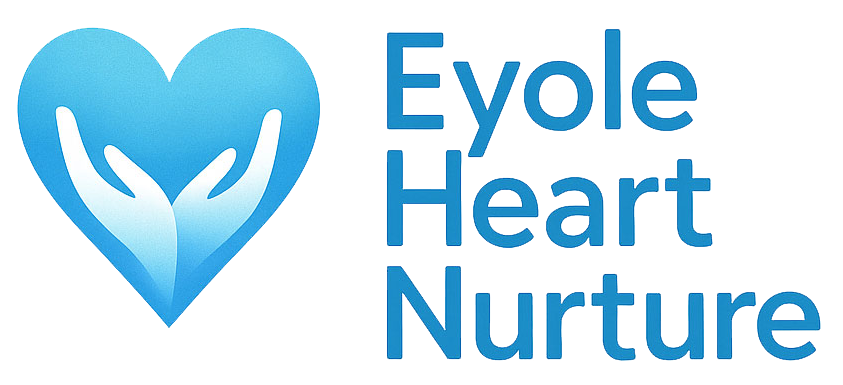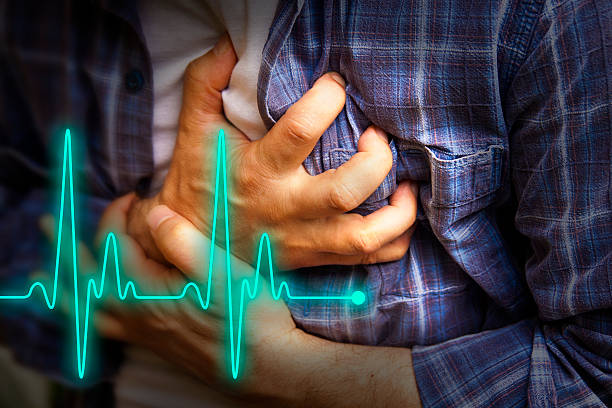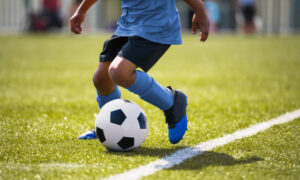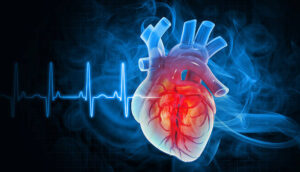Mr. Kamau was gardening, when he suddenly collapsed. Nearby, his neighbor, Amina, recalls her training. She knows this could be sudden cardiac arrest. According to the American Heart Association, sudden cardiac arrest happens suddenly and often without warning.
In another part of town, Mrs. Njeri feels chest tightness and discomfort but manages to call for help before her heart suffers permanent damage from a blockage in blood flow. This is a heart attack, a circulation crisis, different from Mr. Kamau’s sudden stop.
Understanding the Differences
A heart attack happens when blood flow is blocked to part of the heart, starving that area of oxygen. It can cause damage for minutes to hours, and the heart often keeps beating. Sometimes symptoms are subtle, like mild discomfort or fatigue, sometimes intense.
Sudden cardiac arrest (SCA), however, is an electrical malfunction causing the heart to stop beating abruptly. Without immediate CPR or defibrillation, the body quickly shuts down.
Though both are emergencies, SCA is more immediately life-threatening because it causes sudden loss of consciousness and death if not treated within minutes.
Next Steps
By understanding both heart attacks and sudden cardiac arrest, we can recognize dangers early and act swiftly. Take our heart test at EyoleHeartNurture.com today and begin your journey of nurturing your heart and those you love. Jeremiah 17:7 encourages us:
“Blessed is the one who trusts in the Lord, whose confidence is in him.”
Frequently Asked Questions
What Causes Cardiac Arrest?
SCA usually results from an electrical failure, often triggered by a heart attack or other heart conditions like cardiomyopathy, heart failure, or arrhythmias such as ventricular fibrillation. Sometimes infections or congenital defects play a role.
First Aid for Cardiac Arrest
CPR can double or triple survival chances by buying time until professional help arrives. Learn more about first aid for cardiac arrest here.
Is Cardiac Arrest a Slow Death?
No, it happens suddenly, often without warning. Immediate action is vital.
Who Is at Highest Risk?
People with previous heart attacks, heart failure, or genetic heart diseases are at higher risk. Even young people can suffer from SCA if they have undiagnosed heart rhythm conditions.
Are There Warning Signs?
Sometimes there are faint signs like dizziness, palpitations, chest pain, or shortness of breath, but often SCA strikes unexpectedly.
Why Do Cardiac Arrests Happen in Bathrooms?
Bathrooms can increase risk due to sudden changes in blood pressure or exposure to cold water shock, intensifying heart strain.
Can You Breathe During Cardiac Arrest?
Generally, no. The heart’s pumping failure leads to loss of pulse and breathing. That’s why rescue breathing or CPR is critical.
How to Avoid Cardiac Arrest
Regular heart check-ups, a healthy lifestyle, managing blood pressure and cholesterol, avoiding smoking, and knowing CPR are key prevention steps.





